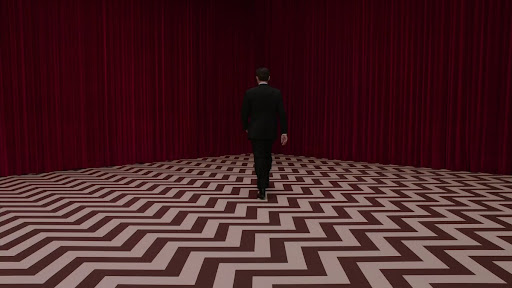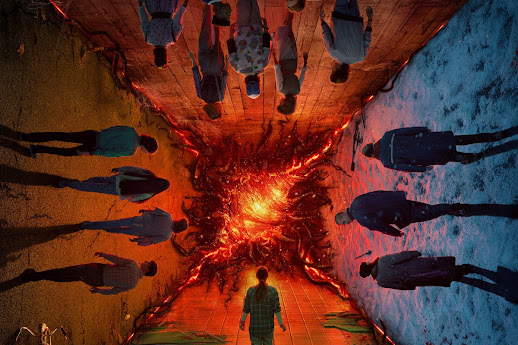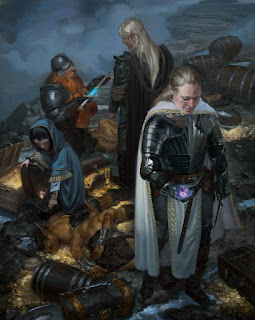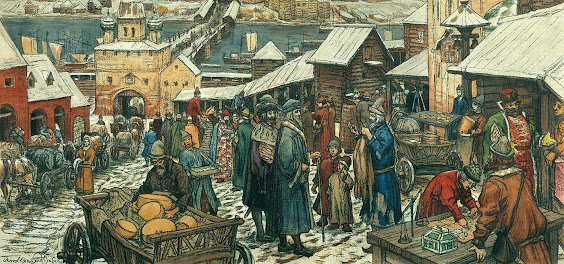Notorious bird Prismatic Wasteland is up to his antics again trying to get decent, law-abiding folks to weasel their way around legal trouble, and I'm here to help.
I put together a similar list a while back and I figure it's worth sharing.
First, More Names for the Monsters He Covered
Mind-Flayer: Bathalian (Reaper Minis), Cephalid (Dark Sword Minis), Mind Lasher (Old School Essentials), Octopoid/Gastropoid (The Black Hack), Philosophers (Zak S), Brain Fiend (Fantasy Craft), and, arguably, Genestealers (Warhammer 40K).
Beholder: Eye Tyrant (the alternate, generic name they already have in D&D), Eye Beast (Reaper Minis), Eye of Terror (Old School Essentials), Gazer (Dragon's Crown), Watcher in the Dark (Fantasy Craft).
Personally, the name I'm using is an Oculus.
...Just... just get rid of the Orientalism, they'll be fine. Really.
I offer to you: Nagendra (Reaper Minis), Librarians (Zak S), and... that's all I could find. Really disappointed to see how many companies just go with "snake men" or "snake folk" for these guys.



















